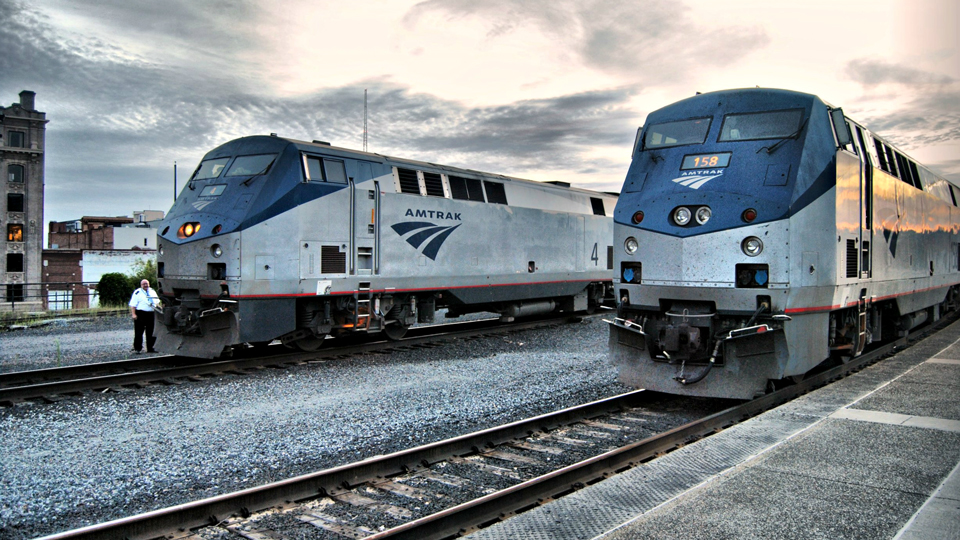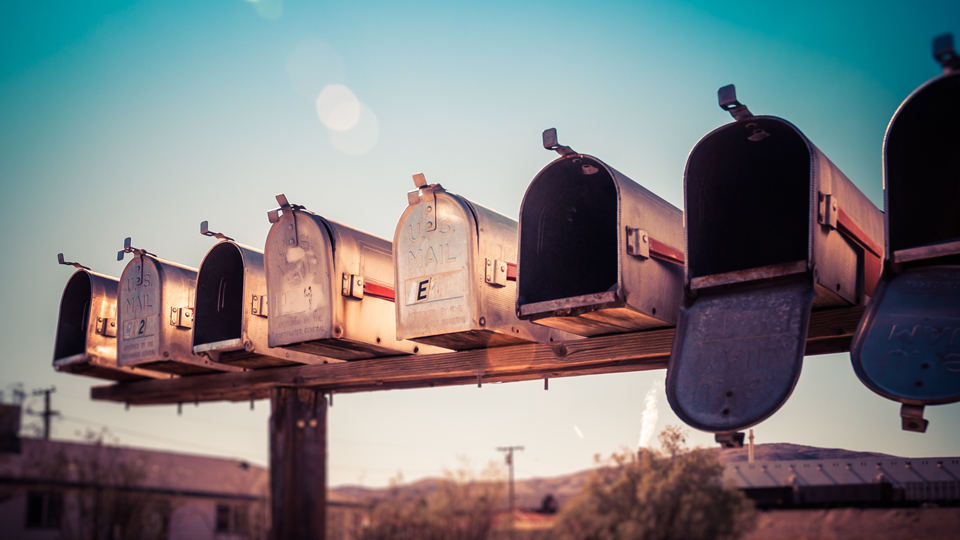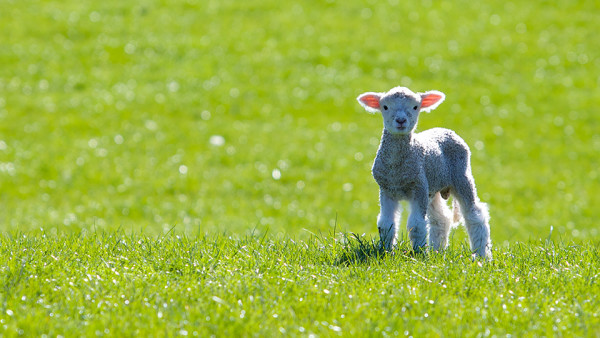
About a week before setting off to New Zealand, I was talking with an acquaintance about how I would soon be moving there, and then he asked me: “So,” he said, “are you going to visit anywhere else in Europe while you’re there?”
New Zealand is not very high on the radar for many travelers, not at first at least. The land of Kiwis and sheep rarely makes the news in the U.S. (everyone is pretty friendly with each other) and Americans rarely read about it in history books or tabloids. But more significantly, New Zealand keeps a low profile because, well, it likes it that way. It’s a casual, laid-back atmosphere with less five million inhabitants where sheep outnumber people 6 to 1. It's also perhaps why Kiwis are some of the friendliest—and most well-liked people—in the world.
For outdoors nuts, New Zealand is a fantastical paradise of hikes, walks, trails and tramps. Whether you’re driving down the main highway or summiting Mount Cook, breathtaking landscapes abound. There’s no questioning why the Lord of the Rings and Hobbit movies were filmed here. The backcountry is loaded with hidden huts campers can stay overnight in and a trip to the country isn't finished until a Great Walk has been accomplished.
If the city is what you're after, you’ll find what you’re looking for in major metropolises like Auckland or Dunedin but they are few and far between. But it is not also where New Zealand's charms ultimately are. Nestled among the cities, beaches and mountains are where you’ll find its heart: rolling, verdant landscapes and small farm towns that serve up fresh meat pies with a pot of fresh coffee. With lots of sheep.
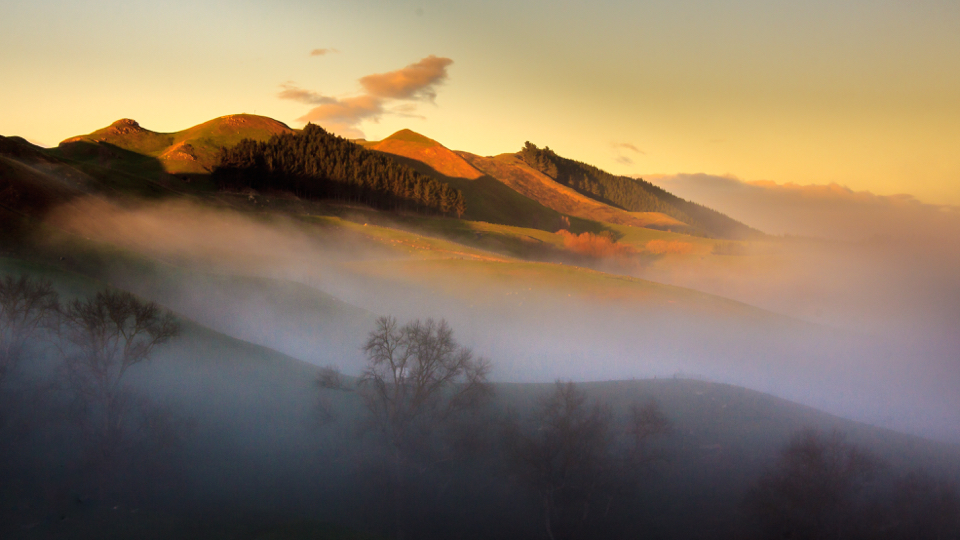
Hawke's Bay. Time to enter the Shire... (Jos Buurmans / Flickr)
The Cheatsheet
| Language | English and Māori |
| Currency | New Zealand Dollar (NZD) |
| Entrypoint | Auckland Airport (AKL) |
| Visa | Not required for US passport holders staying under three months. |
| Departure Tax | None |
| Water Drinkable? | Yes |
| Tipping | No. 10-15% will be accepted for outstanding service but this is neither encouraged nor expected. |
| VAT Refundable | None. |
| Power Socket | Australian or Argentinan-style. It's a southern hemisphere thing. |
| Country Code | +64 |
| Everyone Drives on the... | Left |
Language
English is everywhere but with bits and pieces of Commonwealth English and Māori influence. “Rocket” is arugula, “biscuits” are cookies, and—who knows where this one came from—“pissed” means drunk. Example: “How about some fish and chips down at the harbour, ae?” And although the two might sound quite similar to the uninitiated, never confuse a New Zealand accent with an Australian accent. The relationship between Australians and Kiwis is similar to that of Americans and Canadians.
Maori is the second official language of New Zealand (New Zealand sign language being the third). It’s often found in tandem with the English translation on signs and labels. Many of the cities are still recognized by their Māori name.
Cities and Airports
Auckland International Airport (AKL) is the country’s main international airport. It is only a short distance outside the city center (~20 km or 12.4 miles) and it's possible to take a direct bus (usually 40-60 minutes) if a rental car isn’t a part of your plans. A car ride is about 30 minutes.
However, if the goal is to start off in the South Island, Christchurch International Airport (CHC) is the southern-closest equivalent. It's also often much less crowded and less used. Only about 10 km outside of the Christchurch City Center, the airport serves direct international flights from multiple cities in Australia, Fiji, Singapore, Bangkok, Dubai, Rarotonga and Taipei.
There's a benefit to having a population of only 4.5 million people. Auckland is the busiest airport in New Zealand but even here you won’t find too much traffic getting to the gate. As you fly around the country, you’ll notice the airports tend to get less and less populated after Auckland (read: no lines, like, ever).
Visa
Strangely, the NZeTA is cheaper ($9 NZD or $5.36 USD) through the app [/] than through the website ($12 NZD or $7.14 USD). So the total costs run about $44-$47 NZD ($26.19-$27.98 USD) , depending on the booking method. The NZeTA is valid for two years.
If you’re from one of these countries or the U.S., there's no visa needed for stays under three months (six months for U.K. dwellers). If you plan to stay longer than three months, the cost is $145.00 USD for visitor visas. However, the cost can vary depending on the type of visa and what country you hold a passport in.
Transit visas aren’t required for those on the visa-waiver country list. Aussies don’t need a visa.
Transport
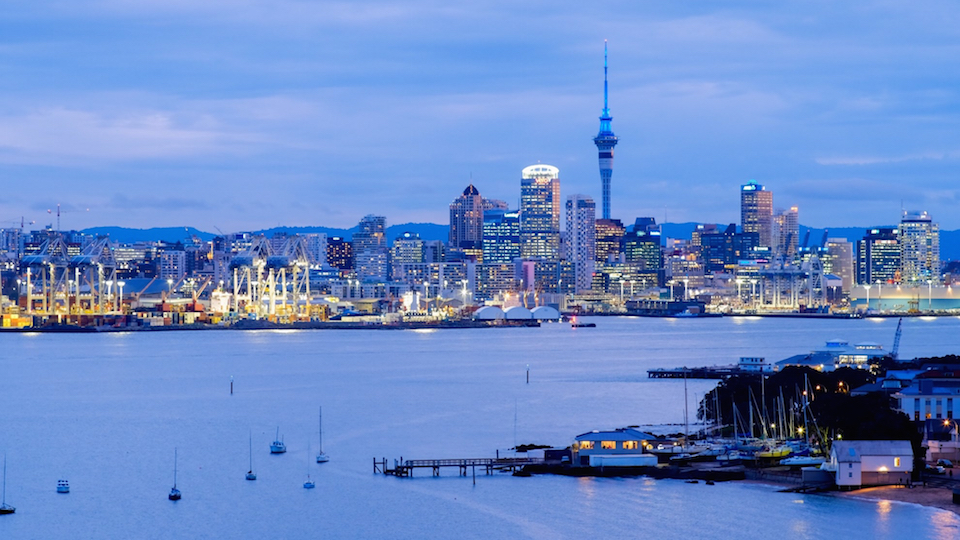
A quick view of Auckland. (Siyamalan / Flickr)
Getting around New Zealand is pretty straightforward; literally, there’s only one main freeway (State Highway 1) and it runs from the top of the North Island to the bottom of the South. That is, minus the body of water in between, which you and your vehicle can get across by taking Interislander's Cook Strait Ferries. Nakedbus is one of the most popular discount bus lines and it can take you to nearly anywhere along this route, and other locations such as the Coromandel Peninsula, Tongariro, Kaikoura and Queenstown.
If you’re planning on an extended stay (more than two months), buying a car is the way to go. I know, this freaked me out at first too. But buying and selling used cars in New Zealand is a completely different game than at home in the U.S. For one, it can be much cheaper. TradeMe is the New Zealand version of Craigslist, minus a few Lifetime originals that have given CL its debatably notorious reputation. It’s an auction site where Kiwis and travelers alike buy and sell things, such as cars, or get a great deal on a decent ride and potentially get your money back by reselling the car at the end of your trip. I got just about half back from the car I bought but it was totally worth it in the end.
There is also comparatively little paperwork to do once a car's been picked out; simply transfer the ownership and registration online at the New Zealand Transport Agency website. For insurance, many companies, such as AA, offer cheap month-to-month packages than can be cancelled when you’re ready to sell the car back. I went in on a 1997 Toyota Noah with three others during my stay, splitting the cost into quarters and giving us all the ability to explore bits of backcountry public transit doesn’t reach, and more freedom in the places where it does.
There's also always the economy option: hitchhiking. It’s relatively easy in this country and has a safe reputation (although you can never be too careful). If that doesn't work though, Grabaseat is great for cheap domestic flights, usually around $50 NZD, as well as some discounted international flights, through Air New Zealand. Qantas and JetStar are good alternatives for domestic travel if Grabaseat isn't offering a flight when you need it.
Money*
| USD $1 = $1.53 NZD (~$1.5 NZD) |
| USD $5 = $7.64 NZD (~$8 NZD) |
| USD $10 = $15.29 NZD (~$15 NZD) |
*accurate at time of publication
Good news for American travelers, the exchange rate between the U.S. dollar and the New Zealand dollar has recently taken a plunge. It sat around 0.75 for the first half of 2015, which was low in comparison to years past , and the recent average has been about 0.66 for the summer. Don’t get too excited though, prices are relatively high in comparison to the U.S. since most goods are imported! A cheap meal usually runs around $10, and a nice dinner can be upwards $25 or more.
Tipping
Don’t do it. Kiwis have a no tipping culture because they believe supports paying employees a proper wage that doesn’t require the assistance of tips. For extraordinary service, a 10-15% gratuity is fine, but you’ll rarely find places that expect or require tipping. The exception here being some of the more touristy places, such as Rotorua, where internationals have made tipping more customary.

A New Zealand springtail (insect). Everything's outside! (Andy Murray / Flickr)
Food and Drink
There are a lot of green pastures when driving around New Zealand. They’re not simply there for viewing, (ahh but how those green hills roll), no, that’s cow feed! (Grass is cow feed.) New Zealand consistently ranks among the world’s highest in dairy production and export, and you’ll find some of the freshest stuff here. Ice cream anyone?
Foodies, you’ve been warned: New Zealand cuisine isn't necessarily unique to those with a Western palate. However, meat pies are one of the most signature dishes you’ll find here (and in Australia). Minced meat or lamb is quite popular, and at higher-end gourmet pie shops, you’ll find flavors such as chicken, cranberry and brie (BRIE!). Pies usually run around $5.00-10.00 NZD. Budget eatin' at its finest.
You’ll get your fill of seafood here, too. It's fresh (you’ll never be too far from the sea, it is an island after all) or the classic fried fish & chips, but you can’t go wrong. If you’ve got a sweet tooth, pavlova is the kiwi dessert of choice. Kiwis and Aussies argue over which country first introduced it but once you’ve taken a bite into that fluffy, creamy, fruity goodness, all hostilities will cease. Or inspire hostilities about who created it first.
New Zealand also flaunts some of the finest wine-growing regions in the southern hemisphere, including Hawke’s Bay, Marlborough, and Central Otago. Wine critics claim it’s home to the world’s best sauvignon blanc — a perfect pair with some fresh paua and oysters. It's comparable to some of the best wines in the world, really, and some of the most underrated.
Timelines
Meals follow a similar timeline as the U.S. but drinking can start at any hour. The spirit of “goon by noon” (the college tradition to polish off a bag of wine by 12 p.m.) seems to carry on post-graduation. Kiwis also tend to go out earlier in the evening, around 8 or 9 p.m., since nightclubs and bars usually close between 12 and 2 a.m.
Water
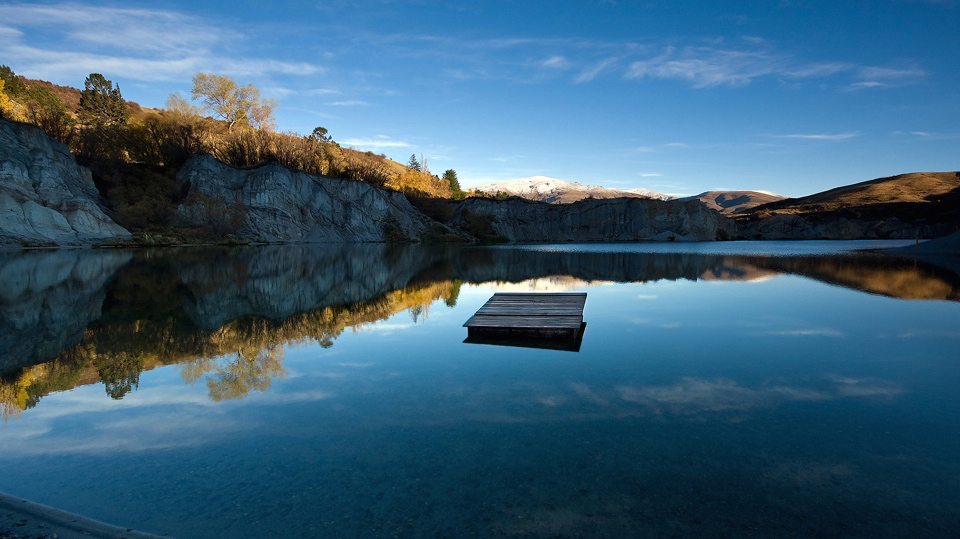
St. Bathans in Otago on the South Island.(Chris Gin / Flickr)
Don’t be too surprised if you notice the water is a bit bubbly or cloudy once in a while. This is usually due to dissolved air bubbles and should vanish if you let the cup stand for a few minutes. In general though, New Zealand has some of the best tap water worldwide. Drink up!
Communication
The country code is +64. Major cellphone carriers include Spark (previously Telecom New Zealand), Vodaphone and Two Degrees Mobile. There are similar prepaid SIM card options for each of these carriers but note Spark has free Wi-Fi zones located around the country–crucial for saving data and going with the cheapest plan.
Safety
Watch out for cows and sheep crossing the street. That’s about it.
Power
Australian/ Argentinian-style plug.
Additional Links
US Embassy in New Zealand (Auckland)
Level 3, 23 Customs Street East
Auckland 1010
New Zealand
Tel: +64-09-03-2724
Fax: +64-09-303-1069



